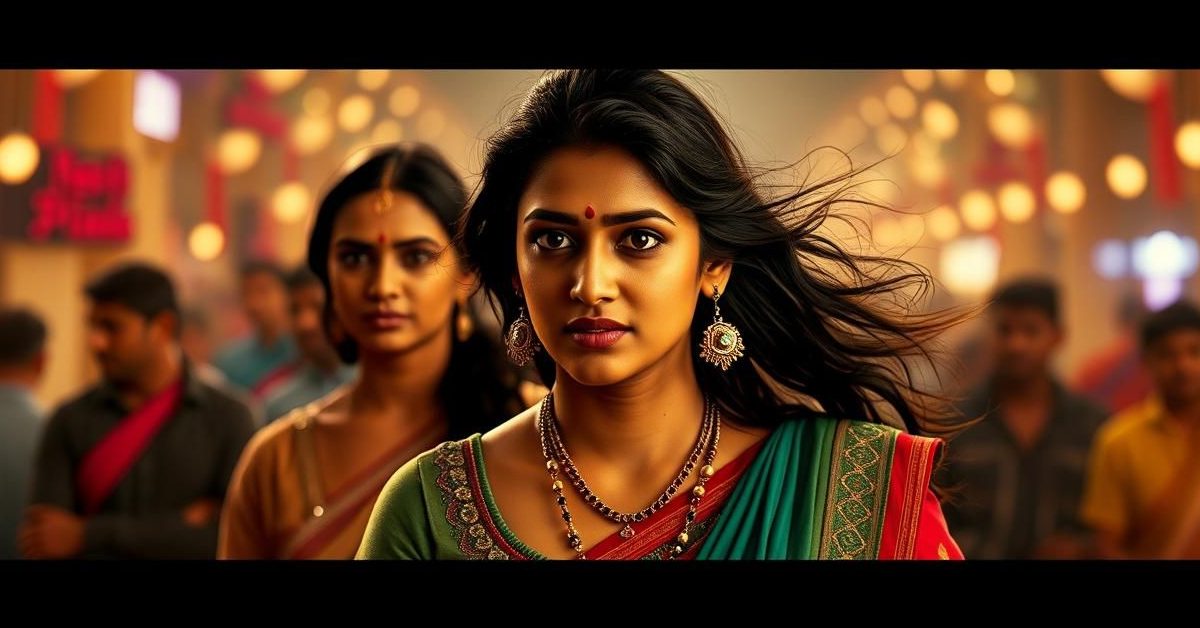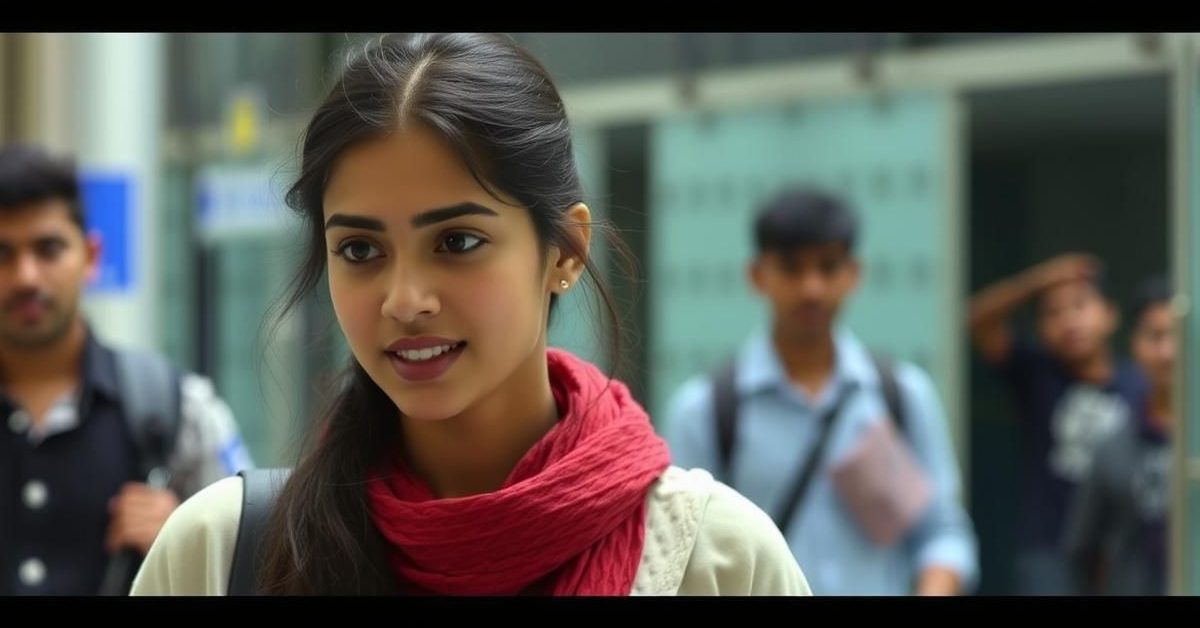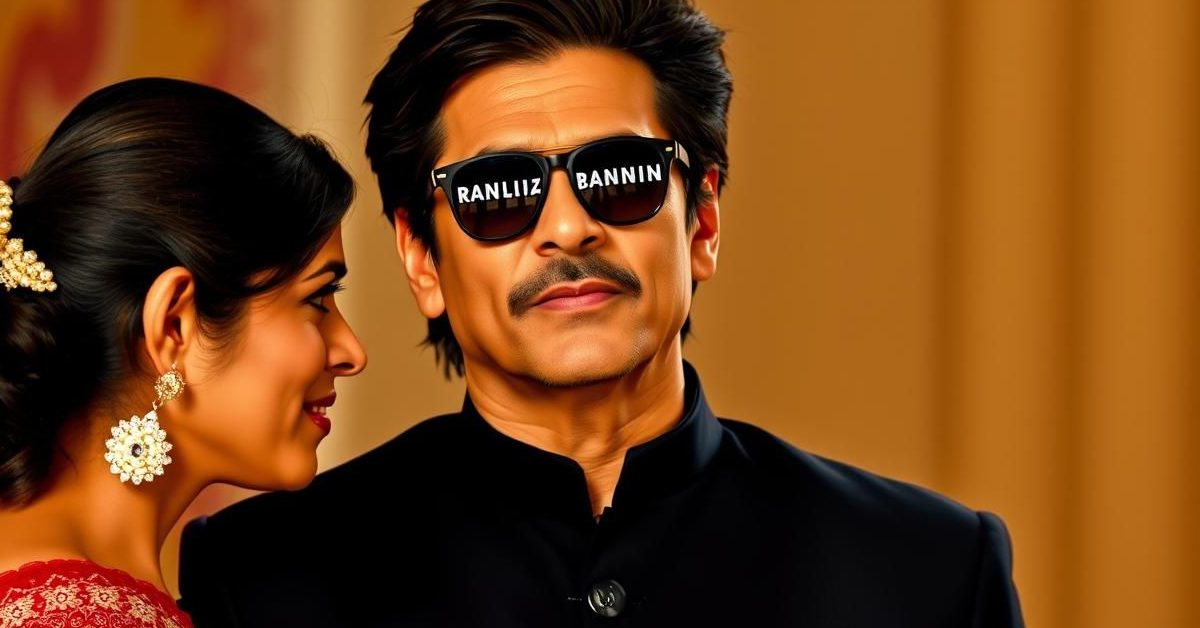Anurag Basu’s latest film, “Metro… In Dino,” aims to explore modern relationships but largely disappoints by portraying women who are left only partially healed, consistently sacrificing their own growth for others.
Old Patterns in New Stories
The film, a spiritual successor to 2007’s “Life in a… Metro,” features a mosaic of love stories. However, a troubling pattern emerges: women often forgive more than they should and fade into the background of male-centric narratives. This echoes a familiar sentiment, suggesting that not much has changed in cinematic portrayals of women’s emotional journeys over the years.
In “Life in a… Metro,” Shilpa Shetty’s character, Shikha, discovers her husband’s infidelity. While she finds a potential emotional connection elsewhere, her husband’s anger upon discovery leads to her being left alone, only for him to return after his own affair ends. Her healing and independence are overshadowed by societal and marital expectations.
Modern Dilemmas, Familiar Outcomes
Fast forward to “Metro… In Dino,” and Konkona Sen Sharma’s character, Kajol, confronts similar struggles. She boldly tells her mother, “Mujhe kabhi na apke jaisa banna nahi tha” (I never wanted to turn out like you), criticizing her mother for being a “doormat.” Kajol herself walks away from a husband who cheated on her multiple times, seemingly choosing herself.
Yet, the narrative ultimately sees her reconciliation with her husband, whose efforts to “win her back” are rewarded. Her journey, which began with a powerful assertion of self-worth, concludes with her folding back into the marriage, much like her mother did decades ago.
The Silent Sacrifices of Shruti
The storyline of Fatima Sana Shaikh’s character, Shruti, is equally poignant. She’s depicted as adventurous and career-focused, but her life becomes dictated by external pressures. Her marriage and pregnancy are influenced by parental expectations, leading her to quit her job to support her husband, Akash.
Akash, consumed by his music dreams, backs out of fatherhood, leading Shruti to silently undergo an abortion. Despite moving to different cities for careers, she eventually returns, again sacrificing her job to support his dreams, even as he remains emotionally distant. The film ends with Akash achieving his career goals, while Shruti quietly manages motherhood, highlighting a stark imbalance where men pursue dreams and women endure.
A Broader Cinematic Reflection
While some female characters in “Metro… In Dino,” like Shibani and Chumki, find elements of fulfillment, their arcs are still largely tied to romantic relationships or male figures. There’s little room for women to achieve self-actualization independently.
The film normalizes these compromises, presenting them as inevitable rather than highlighting the profound sacrifices women make. This reflects a wider trend in Indian cinema where, despite initial strength, female characters are often nudged back into roles of duty and quiet endurance, rarely ending with true freedom or self-centered joy.
A Different Path: The Example of “Mrs.”
In contrast, the 2023 film “Mrs.” (a Hindi remake of “The Great Indian Kitchen”) offers a refreshing alternative. Starring Sanya Malhotra as Richa, the film explores a homemaker’s journey of questioning her marriage and identity after a traumatic event.
Richa’s path is not about dramatic rebellion but a quiet, unyielding decision to choose herself. She walks away from an unfulfilling life, prioritizing freedom, selfhood, and dignity over duty and familiarity. “Mrs.” shows a woman bravely stepping into the unknown without guilt, offering a powerful counter-narrative to the compromises seen in “Metro… In Dino.”
- “Metro… In Dino” continues a pattern of female characters sacrificing personal growth for relationships.
- Characters in the film, like Kajol and Shruti, ultimately return to traditional roles despite initial assertions of independence.
- This mirrors a broader trend in Indian cinema where women’s self-actualization is often secondary to their roles within a family or relationship.
- The film “Mrs.” stands out as a rare example of a female character truly choosing herself and her freedom.
The disparity between these cinematic portrayals raises an important question: if films continue to show women returning to compromise, how will women in real life ever find the courage to truly choose themselves?















